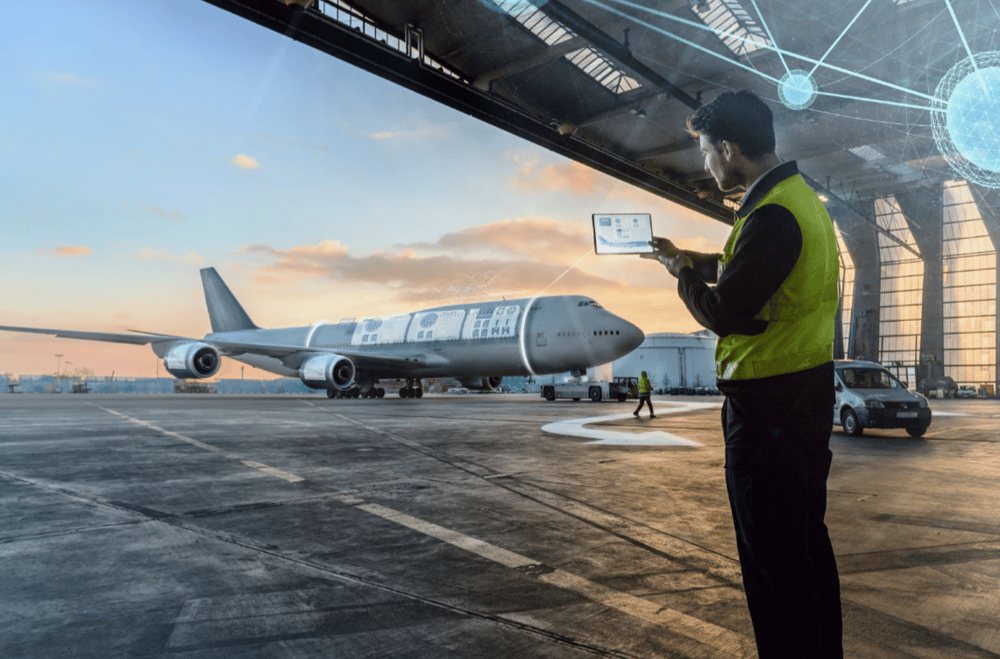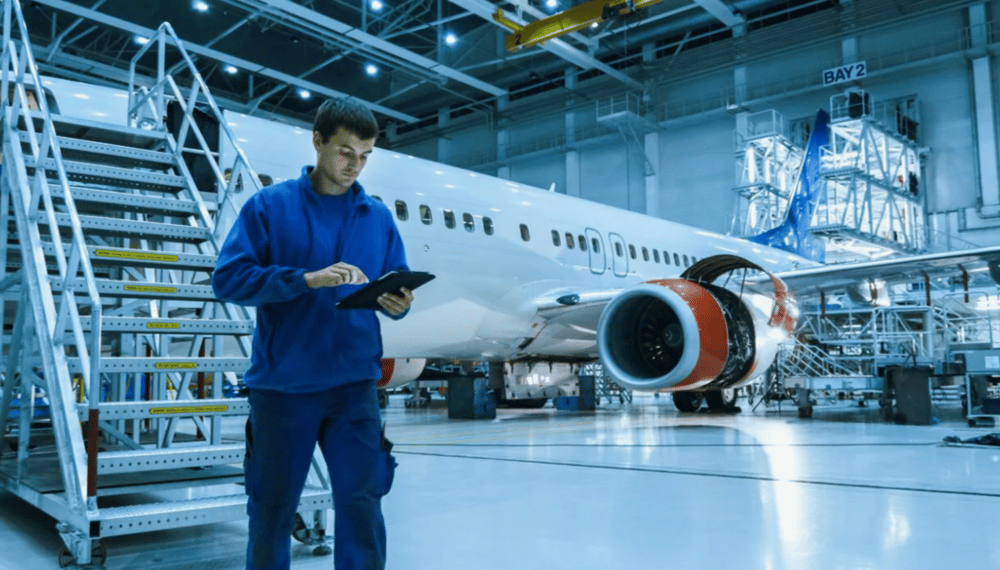The US Department of Commerce has recently launched an investigation into the national security implications of importing commercial aircraft, jet engines, and parts. This investigation, initiated on May 1 but only publicly revealed on Friday, raises the prospect of further tariffs on foreign-made aircraft and components. The move follows growing concerns over the impact of foreign imports on the US aviation industry and national security. While this investigation could influence the global aerospace market, it has also sparked reactions from US airlines and manufacturers who have expressed concerns about the potential economic consequences.
The Role of Section 232 Investigations in US Trade Policy
Section 232 of the Trade Expansion Act of 1962 allows the US government to investigate the impact of imports on national security. These investigations can lead to the imposition of tariffs or other trade restrictions, with the goal of protecting US industries deemed vital for national security. In this case, the investigation into aircraft imports could result in higher tariffs on commercial aircraft, jet engines, and parts.
Key Points of the Section 232 Investigation
National Security Concerns: The investigation is centered around whether the increasing imports of foreign aircraft and aircraft parts could pose a risk to US national security, including the potential dependence on foreign manufacturers for critical defense and civilian aviation needs.
Tariff Implications: The investigation could lead to further tariffs on foreign-made aircraft, engines, and parts. Currently, a 10% tariff is already applied to most imported aircraft and components. This tariff was introduced as a measure to protect domestic manufacturers, particularly in the context of the US-China trade war.
The 1979 Civil Aviation Agreement: US airlines and manufacturers have advocated for the restoration of a duty-free regime for aircraft parts, citing the benefits of the 1979 Civil Aviation Agreement. This agreement historically provided the US civil aviation sector with a trade surplus of approximately $75 billion annually. Many in the industry argue that the reinstatement of this agreement would support the growth of the aviation sector.
Industry Reactions and Concerns
The announcement of the investigation has triggered a range of reactions from various stakeholders in the aviation industry, particularly from US airlines and aircraft manufacturers.
Airlines’ Concerns: US airlines, many of which rely on imports of aircraft and components for fleet upgrades and replacements, have expressed concerns about the potential for increased costs. Higher tariffs could lead to increased prices for aircraft, which would ultimately affect operating expenses for airlines.
Manufacturers' Advocacy: US aircraft manufacturers, such as Boeing (BA), have been vocal in pushing for the restoration of the duty-free regime. These manufacturers argue that reinstating the 1979 agreement would allow the US to maintain a competitive edge in the global aviation market.
The UK-US Agreement: A Partial Solution to the Tariff Dilemma
In a move that could ease some concerns, the US recently reached a key agreement with the UK regarding the importation of Rolls-Royce $RR.L engines. Under the terms of the deal, jet engines produced by Rolls-Royce in the UK will be allowed to enter the US without incurring tariffs. This agreement is seen as a step towards resolving some of the tensions between the US and its trade partners while still maintaining the broader objectives of the Section 232 investigation.
Key Aspects of the UK-US Deal
Exemption for Rolls-Royce Engines: The agreement allows the US to import Rolls-Royce engines without applying the 10% tariff, providing relief to the UK’s aerospace industry and ensuring that US airlines and manufacturers continue to benefit from British-engineered jet engines.
Potential for More Deals: This deal with the UK may pave the way for future agreements with other countries, helping to manage the fallout from increased tariffs while addressing national security concerns.
Ongoing Negotiations: The deal is a temporary solution, and the broader Section 232 investigation remains ongoing. It is likely that further negotiations and agreements will be required to address the complexities of the global aviation supply chain.
Conclusion: The Future of US Aircraft Imports and National Security
The US government's investigation into aircraft imports under Section 232 marks a significant development in the ongoing trade tensions between the US and its global partners. While the investigation is focused on national security concerns, it also raises critical questions about the future of the aviation industry, trade relationships, and the broader economic impacts of increased tariffs.
As the US continues to examine the potential risks associated with foreign aircraft and components, the outcome of this investigation could shape the trajectory of US aerospace manufacturing and its trade policies for years to come. The decision to increase tariffs or restore duty-free regimes will have far-reaching implications not only for the aviation sector but also for the broader US economy.








The decision signals a bold step toward redefining automation’s role in technology